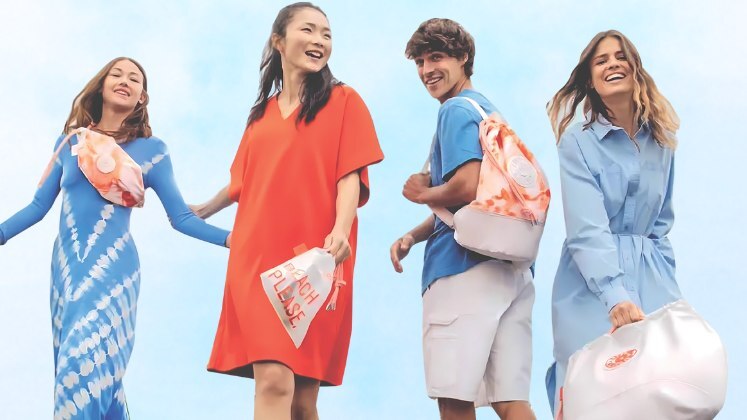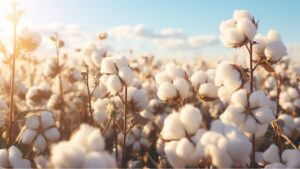 American global apparel and footwear company VF Corporation, which owns brands like The North Face, Timberland and Icebreaker, is going through a big change in the way it works. In 2025, the company made US $ 9.5 billion in revenue. Most of this came from its outdoor and action sports brands such as Timberland, Jansport, Eastpak and The North Face.
American global apparel and footwear company VF Corporation, which owns brands like The North Face, Timberland and Icebreaker, is going through a big change in the way it works. In 2025, the company made US $ 9.5 billion in revenue. Most of this came from its outdoor and action sports brands such as Timberland, Jansport, Eastpak and The North Face.
VF, which has 1100 stores worldwide, plans to save US $ 300 million by 2025 and become more efficient. Bangladesh offers a cost-effective and reliable option to help reach that goal.
Today, about 85% of VF’s products are made in Southeast Asia, Central and South America. Vietnam, Bangladesh, Cambodia and Indonesia are its top four sourcing countries. Less than 2% now comes from China. This shift makes Bangladesh more important than ever.
Bangladesh already has 24 Tier-1 factories making VF’s final products. This is more than Indonesia (19) and close to China (31), showing how strong the country’s base is. The country, however, still trails Vietnam, which has 54.
With its large pool of skilled workers, strong infrastructure and growing reputation for quality, Bangladesh can easily take on a bigger role.
VF also cares deeply about sustainability and worker well-being. This connects well with the strengths of the Bangladesh RMG industry. The company works with LABS (Life and Building Safety initiative), Nirapon and BRAC to make factories safer and healthier for workers. In 2024, 46 factories in Bangladesh joined BRAC training, covering 136,000 workers. More than 80% of supplier factories fixed all safety issues that had been found. VF is also moving towards circularity. It wants to use fewer new raw materials, recycle more and cut down waste. These steps match the direction Bangladesh’s garment industry is already taking.
Bangladesh is also investing in renewable power, an area where VF has clear commitments. As more suppliers shift to solar and other clean sources, this creates alignment with VF’s global climate goals.
Another strength is VF’s wide brand portfolio. Dickies, for example, has set the standard in workwear for over a century. For Bangladesh, it means the chance to diversify beyond traditional fashion and into workwear and activewear, which are both growing segments.
VF is also a partner that invests in long-term supplier relationships. The company is known for bringing global expertise, advanced design and innovation to its sourcing countries. Its focus on digital tools and data-driven supply chains gives suppliers in Bangladesh opportunities to upgrade and move up the value chain. VF’s scale across markets in the US and Europe also creates steady demand, which is important for Bangladesh as it looks for stable growth.
Bangladesh gives VF much more than just capacity. It gives the company a sourcing base that matches its values of safety, responsibility and sustainability. It also provides an industry that is ready to support VF’s growth in new categories. Thus, Bangladesh fits in well when it comes to being an ideal partner for VF as the company builds its future supply chain.






